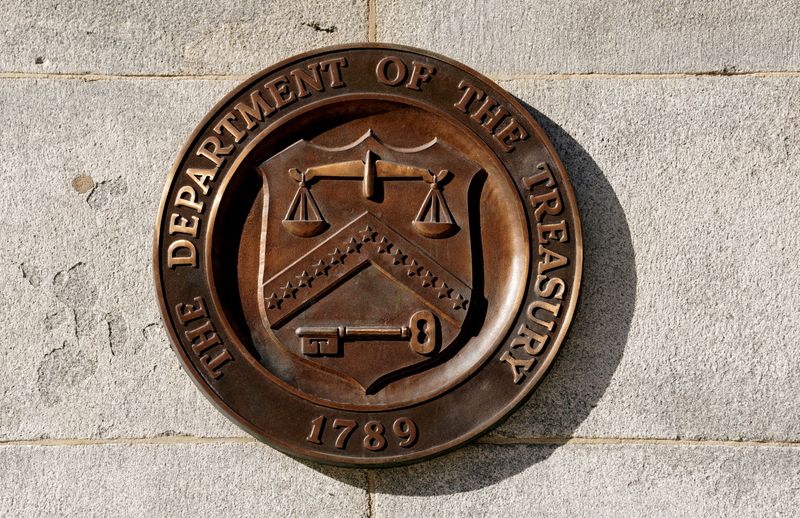Impending default in U. S. provokes security check by clearing house
2023.05.25 21:59

Impending default in U. S. provokes security check by clearing house
By Ray Johnson
Budrigannews.com – Clearing houses and their individuals are figuring out how to treat specific U.S. Depository bills and bonds generally utilized as security, as the US approaches a cutoff time that could see it default on its obligation, as indicated by four industry sources.
According to Reuters, U.S. President Joe Biden and top Republican lawmaker Kevin McCarthy got closer to a deal on Thursday to raise the debt ceiling. All the Depository Division has cautioned the public authority could run shy of assets to cover its costs when June 1, meaning it might actually miss installments on Depository bills and different commitments.
According to the individuals, this risk has raised questions regarding whether clearing houses, which process and guarantee trades, could continue to accept certain Treasury bills and bonds that dealers and investors typically pledge as collateral to secure their deals.
While clearing houses by and large don’t acknowledge Depository charges due to develop inside the space of days as security – the instruments that would be quickly impacted by a potential June 1 default – there is likewise a question mark about whether they could keep on tolerating charges that lapse before very long, two individuals said.
People said that as of Thursday, it was unclear whether clearing houses, or CCPs, would remove such instruments from their collateral pool or give them big cuts. CME Group (NASDAQ:), one of six clearinghouses, NYSE: Intercontinental Exchange Inc, and London Stock Trade Gathering possessed LCH, reached by Reuters declined to remark exhaustively on the conversations.
One executive at a major bank told Reuters that “we are all waiting for the CCPs to make the first move if they will haircut at a % or even at 100% as we get closer to a no resolution date.” Additionally, the majority of clearing houses still believe that a default is unlikely.
Clearing mandates for derivatives were an essential component of the post-crisis reforms that reduced the risks to counterparties in financial markets. The U.S. Securities and Exchange Commission (SEC) reports that in 2021, hundreds of trillions of dollars’ worth of transactions were cleared in the United States.
Investors will have to pay more margin to secure their positions or reduce their risk if clearing houses reduce the pool of eligible collateral, which could have an impact on the financial markets’ plumbing.
Last week CME President Terry Duffy made light of the possible effect of a U.S. default on the organization’s $250 billion clearing house security pool, let Bloomberg know that it would as it were “stress over” charges that terminate August through October. ” He stated, “That’s a very small portion of the margin that we’re holding.”
A CME representative said the organization was checking what is going on. ” Should the dangers increment, CME Clearing could consider changing hair styles, edges and other gamble moderation devices accessible,” they said in an explanation.
The Options Clearing Corporation stated that it was continuing to implement its standard risk management procedures and was communicating with members. The Depository Trust and Clearing Corporation stated that it would “take appropriate action, as needed” after modeling scenarios for a Treasury payment delay.
ICE, LCH, and Deutsche Boerse-possessed Eurex likewise said they were checking what is happening. Eurex added there are “right now no plans” to avoid any U.S. government bonds from its rundown of qualified insurance.
Representatives for the SEC and the Ware Prospects Exchanging Commission, which manage clearing houses, didn’t give remark.
However, according to one regulatory source, regulators had been working with clearers to make sure they were prepared for any major volatility or default, including in terms of margin.








